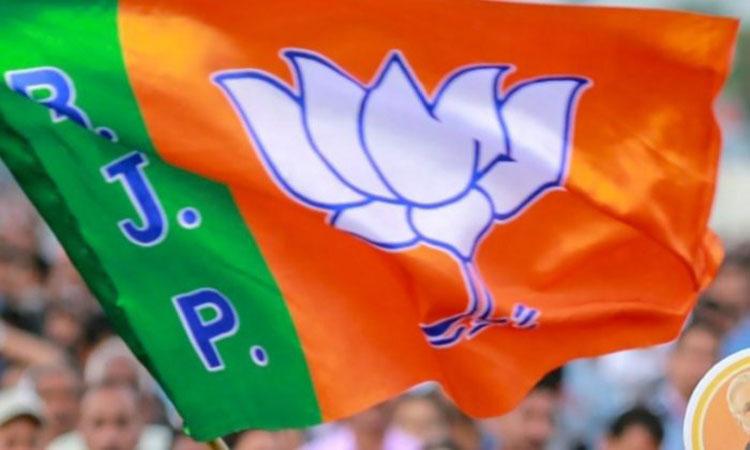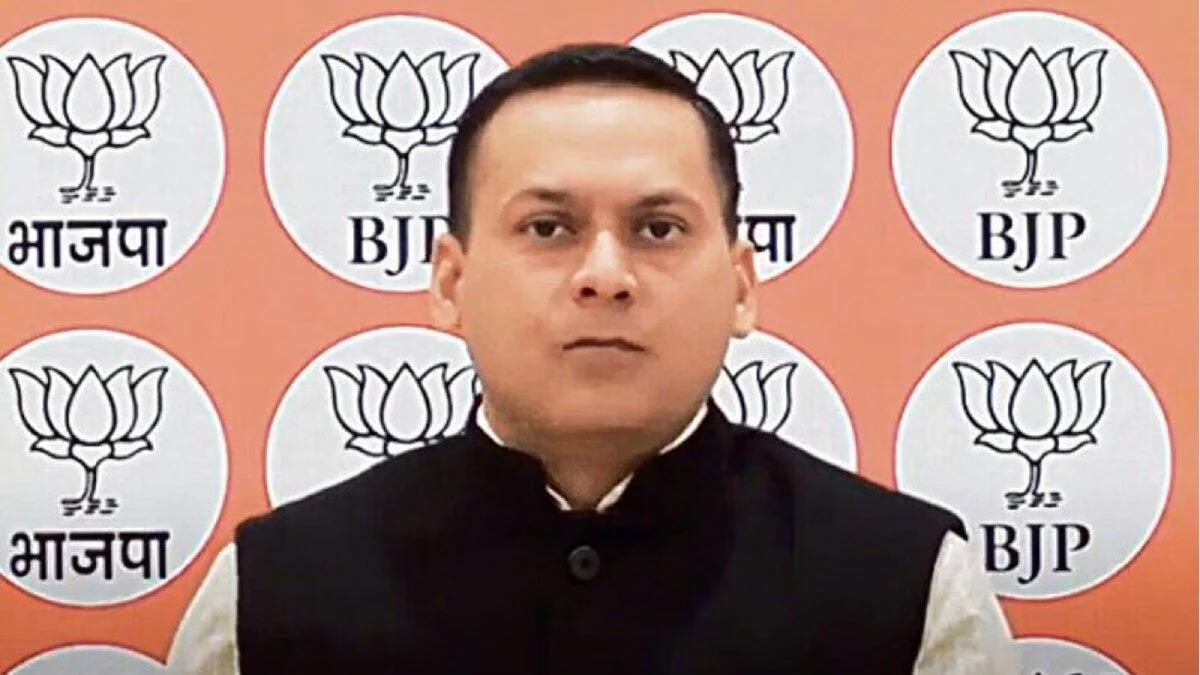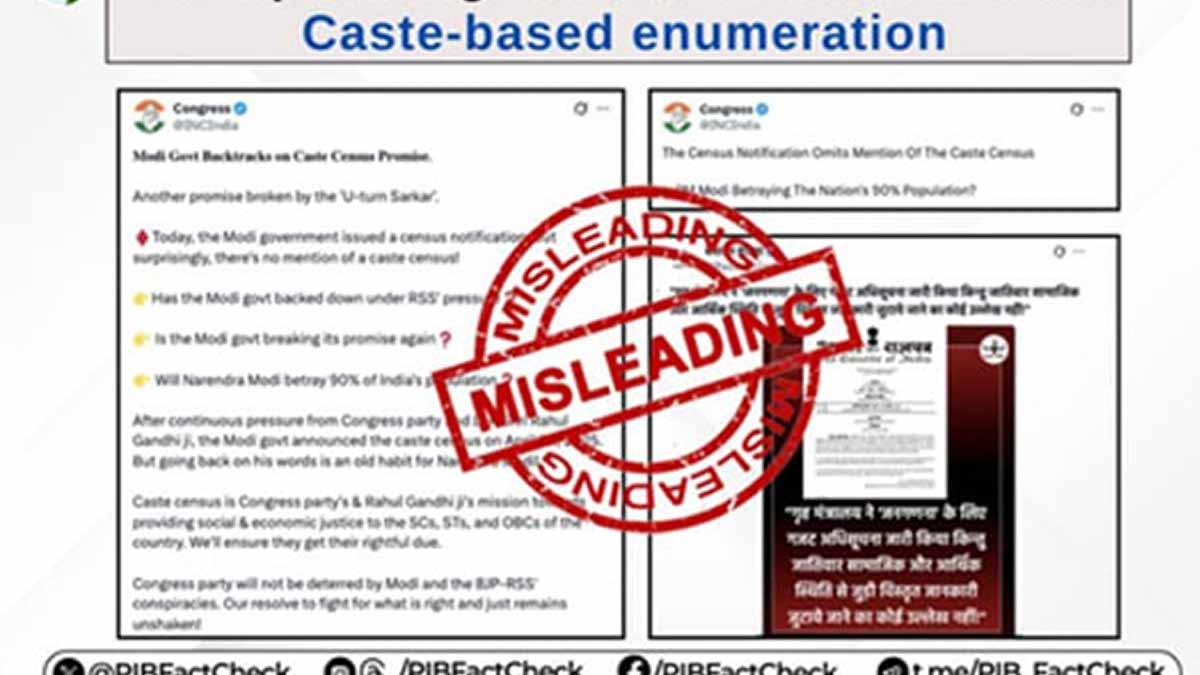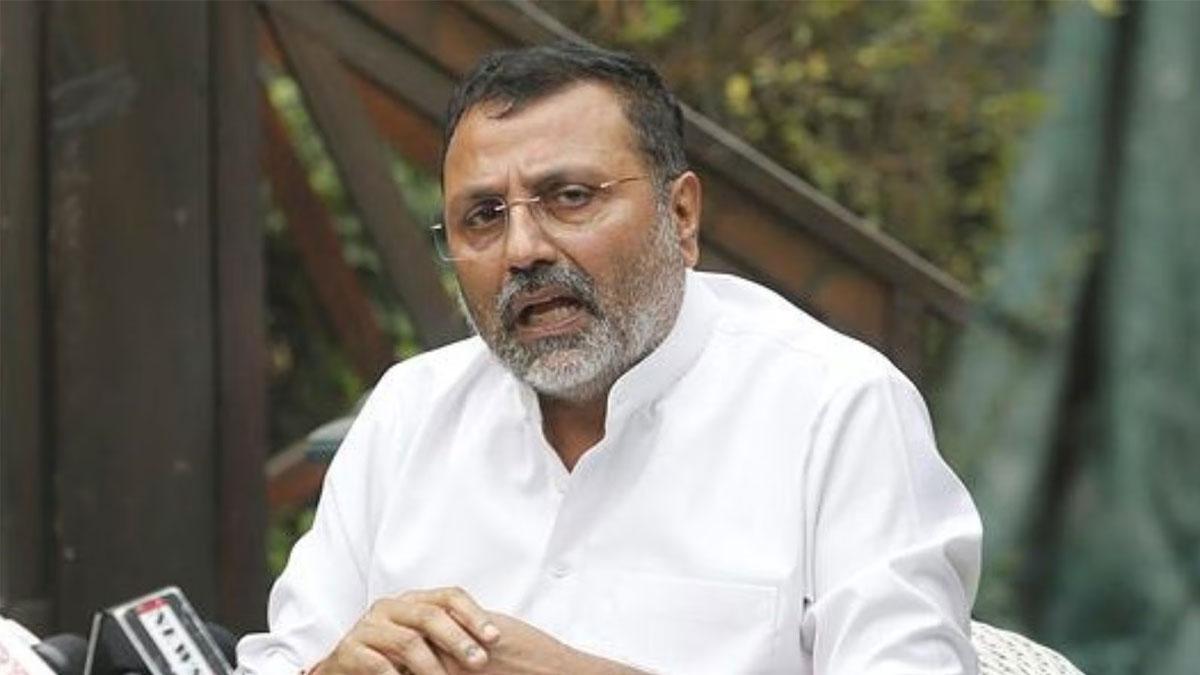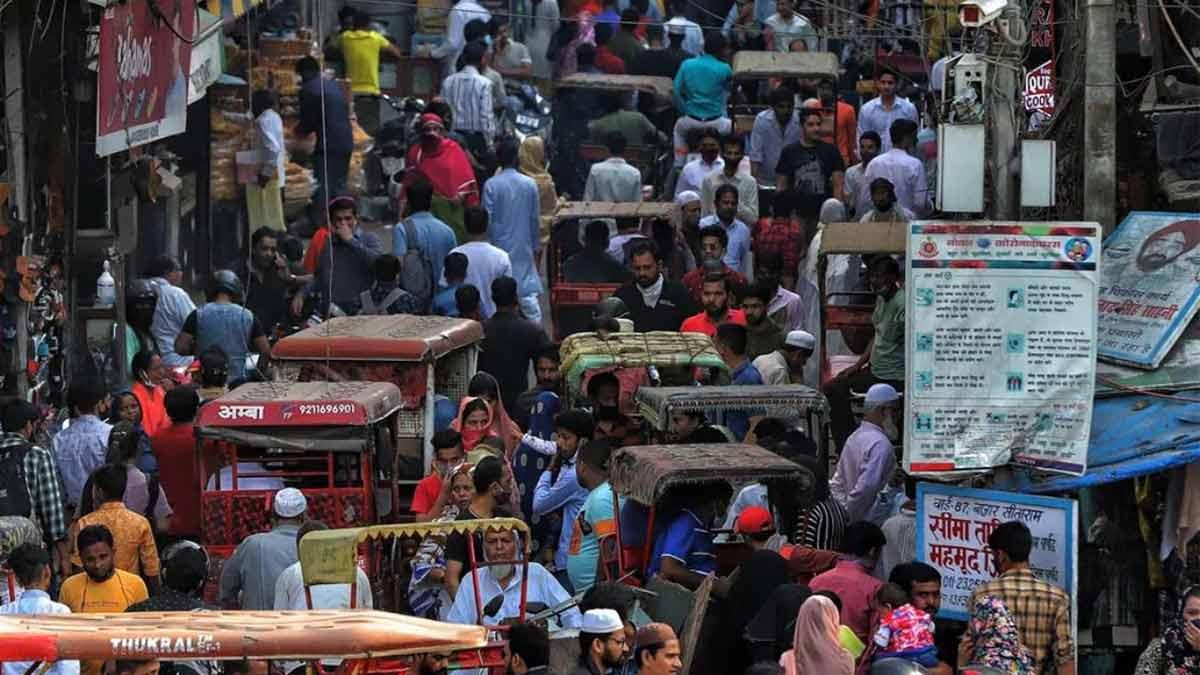Campaign for the Gujarat Assembly polls and elections to the Municipal Corporation of Delhi (MCD) is underway in full swing.
The Bharatiya Janata Party (BJP) has been seen targeting its opposition parties by making Muslim appeasement and 'love jihad' part of its core agenda.
The Aam Aadmi Party (AAP) is attempting to make the contest in Gujarat triangular, where the main competition is expected between the Congress and the BJP.
In the MCD elections, the Congress is trying hard to find its lost ground in the contest between the BJP and AAP.
Love jihad is one of the topics in the agenda of the organisations associated with the Sangh Parivar, along with the saffron party.
During campaigning, Assam Chief Minister Himanta Biswa Sarma demanded strict laws against love jihad, describing the murder of Shraddha Walkar as a big issue regarding safety of women.
Sarma went on to say that a killer like 'Aaftab Amin Poonawalla' exists in every city and stressed on the need to enact strong laws against love jihad to ensure women's safety.
Sarma tried to send a message to the voters that only a strong BJP government could protect them from crimes.
Home Minister Amit Shah has also been seen fiercely targeting the Congress over appeasement politics. Addressing an election rally in Gujarat, Shah praised the actions of the Bhupendra Patel-led government, namely the removal of 'illegal' tombs and 'fake' graves.
He was all praise for the Patel-led government for freeing the area from encroachment and curbing smuggling.
He asked the public whether the fake tombs and graves should be removed. He stated that the state's BJP unit would continue such cleanliness drives.
While claiming to make Gujarat a curfew-free state, Shah accused the Congress of promoting criminals and anti-social elements.
All the BJP leaders engaged in campaigning have been accusing the Congress and the AAP of appeasement of a particular community.
Also Read | Mehbooba Mufti faces toughest test of her rollercoaster political career
Describing the murder of Shraddha Walkar as unfortunate, Union minister Giriraj Singh alleged that the conspiracy of love jihad was being run under a mission in India.
While questioning the silence of some leaders and their parties, including Rahul Gandhi, Asaduddin Owaisi, Nitish Kumar and Lalu Prasad on love jihad, Singh urged the citizens to think about the issue.
Releasing the party's manifesto for the Gujarat Assembly elections on Saturday, BJP President J.P. Nadda promised to ensure full implementation of the recommendations of the Gujarat Uniform Civil Code Committee, i.e., to implement the Uniform Civil Code in the state.
Nadda went a step further and promised to set up anti-radicalisation cells to identify and eliminate potential threats, terrorist organisations and sleeper cells after winning the polls in the state.
Organisations like Vishva Hindu Parishad (VHP) and Muslim Rashtriya Manch associated with Rashtriya Swayamsevak Sangh (RSS) have been strongly criticising love jihad and are planning to hold public awareness campaigns to create a system of culture and security in houses across the country.
UP, Gujarat 'love jihad' laws identical, but latter has harsher punishments, fines
Gujarat Freedom of Religion Act, 2003, was more about curbing religious conversions than 'love jihad' or interfaith marriages and forceful marriages.
However, when Uttar Pradesh passed the anti-conversion Bill much later in 2021, laying down stricter sections prohibiting conversion, some of its penal provisions were borrowed for the Gujarat Freedom of Religion (Amendment) 2021, to make the law harsher.
Both laws are almost identical, some usage of words is different, Gujarat laws have more stricter punishment, said Isha Hakim, an advocate practising in the Gujarat high court.
In both Acts, one who wants to convert or adopt another religion has to take prior permission from either the District Magistrate or District Collector. There is a minor difference in punishment, he said.
If one reads the Act, according to Uttar Pradesh laws minimum punishment is one year and maximum five years, whereas it is three years and maximum five years in Gujarat. If a minor or a woman from SC/ST is converted, according to Uttar Pradesh law minimum punishment is two years and maximum 10 years, whereas in Gujarat minimum punishment is four years and maximum seven years, with fine not less than Rs 3 lakh.
The Gujarat Act was challenged by the Jamiat Ulama-i-Hind. After hearing both sides, the first bench headed by then Chief Justice Vikram Nath had stayed section 3, 4, 4A to 4C, 5, 6 and 6A of the Act. The court had rejected the state government's plea to vacate stay on section 5 as well.
The court commenting on why it stayed some of the sections, said, "These sections shall not operate merely because the marriage is solemnised by a person of one religion with another religion without force, allurement or fraudulent means and such marriages, cannot be termed as marriage for the purpose of unlawful conversion, the interim order is to protect the parties which solemnised interfaith marriage from unnecessary harassment."
Section 3 of the Act deals with fraudulent means of conversion by means of marriage, or by aiding person to get married. Section 4 allows aggrieved persons, relatives, parents, other person related by blood to lodge a complaint, while under section 5, person deemed to have taken part in committing the offence can be prosecuted.
Also Read | Housekeeping service at Satyendar Jain's cell in Tihar jail sparks row
When the court stayed the section 5, Advocate General Kamal Trivedi had argued that the section 5 provision existed since the law was enacted in 2003, and if that is stayed the entire anti-conversion law would be practically stayed. He even tried to impress the court by submitting that the state is never against inter-faith marriages.
Hakim told IANS that since the Gujarat high court has stayed important sections of the Act, at least he has not heard of any FIR lodged under the law.
Even states like Uttar Pradesh, Madhya Pradesh, Himachal Pradesh, Uttarakhand, Orissa and Arunachal Pradesh have similar laws, but none are stayed by any courts.

